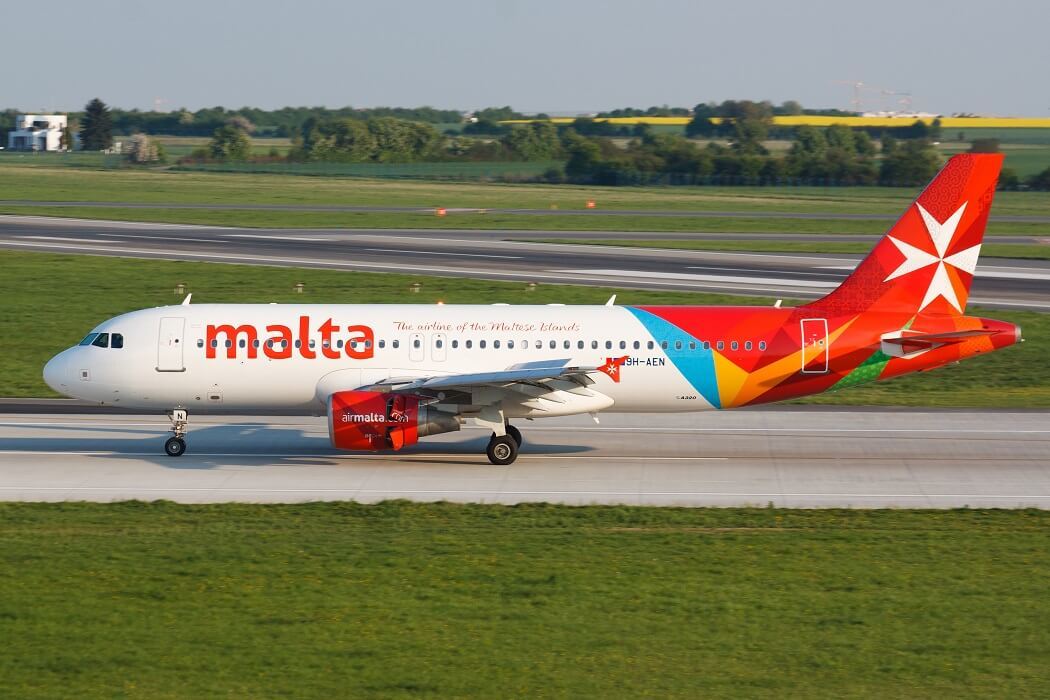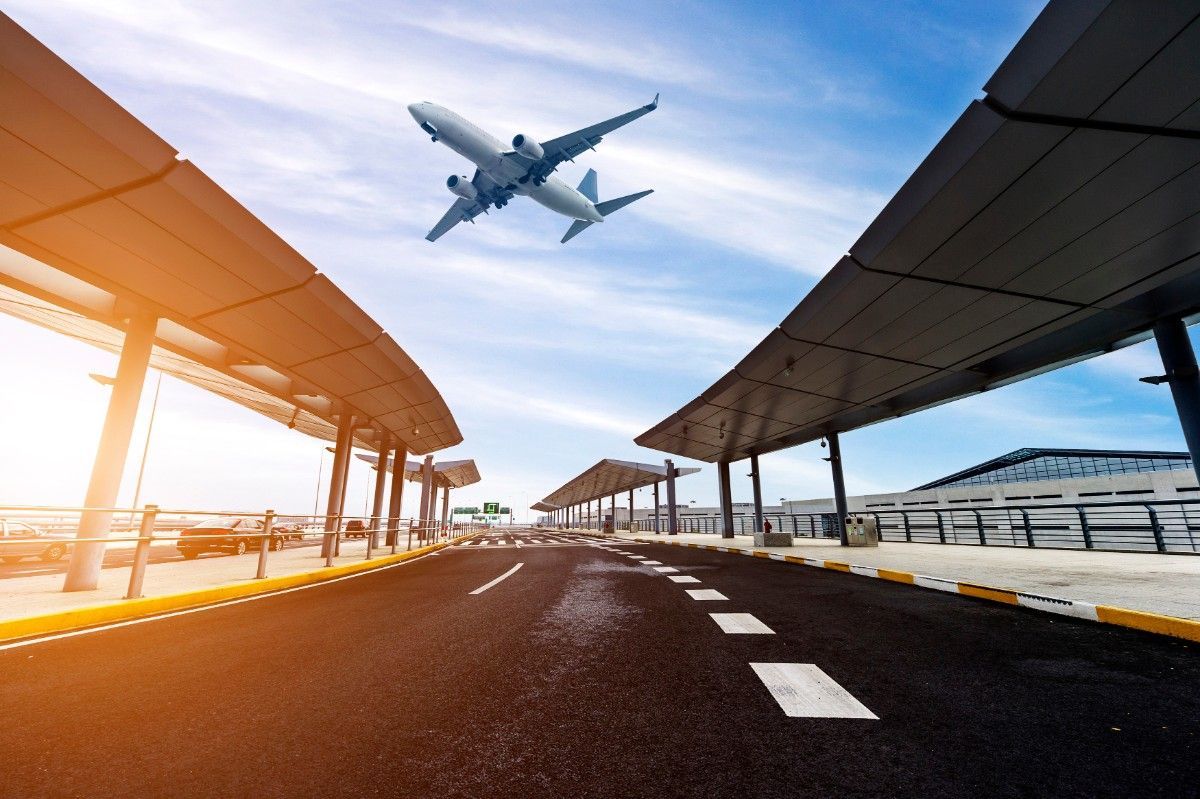Catania Airport fire: Air Malta cancellations and recovery efforts

In a recent turn of events, Catania Airport (Fontanarossa Airport) in Sicily, Italy, experienced a fire that led to significant disruptions for both passengers and airlines. Among the affected carriers, Air Malta faced cancellations and delays, underscoring the challenges that such unforeseen incidents can pose to the aviation industry. This incident highlights the importance of disaster preparedness, efficient crisis management, and the resilience of airlines in the face of unexpected disruptions.
Fire at Catania Airport
During the period of July 16 to August 2, 2023, flames engulfed on the southern Italian island of Sicily, sending plumes of smoke into the sky and causing widespread panic. The fire quickly spread to the passenger terminal of Catania Airport, threatening both infrastructure and safety. Firefighting teams rushed to the scene, battling the blaze for hours before finally gaining control.
The immediate aftermath of the fire left the airport in a state of disarray. Terminal facilities were severely damaged, rendering certain areas inaccessible for both passengers and airport staff. The runway and taxiways remained functional, allowing for limited operations, but the impact on scheduled flights was inevitable.
Air Malta's battle with flight disruptions
Among the airlines grappling with the repercussions of the Catania Airport fire, Air Malta found itself in a complex predicament. With a number of flights to and from Catania, the Maltese carrier faced immediate cancellations and delays, leaving passengers stranded and frustrated. The airline's operations center sprung into action, working around the clock to manage the crisis and accommodate affected passengers.
Air Malta's first priority was to ensure the well-being of its passengers. The airline swiftly communicated with travelers booked on Catania flights, offering them options to rebook onto alternative flights or seek refunds. In such challenging times, clear and empathetic communication becomes crucial to maintaining customer satisfaction despite the disruptions.
Collaboration with authorities and partners
The incident shed light on the importance of close collaboration between airlines, airport authorities, and other stakeholders. Air Malta collaborated closely with Catania Airport officials to assess the situation and determine the feasibility of resuming operations. Such partnerships are instrumental in making informed decisions that prioritize safety and minimize inconvenience for passengers.
The Catania Airport fire serves as a reminder of the unpredictable nature of the aviation industry. Airlines must be equipped to adapt quickly to unexpected disruptions. Air Malta's ability to reorganize its operations, accommodate passengers on alternative flights, and provide timely information demonstrated the airline's operational resilience and commitment to its customers.
Disasters like the Catania Airport fire underscore the need for robust disaster preparedness strategies across the aviation industry. Airports and airlines must regularly review and update their crisis management plans to ensure they can effectively respond to emergencies. Simulated exercises and scenario planning can help in identifying potential weaknesses and fine-tuning response mechanisms.
Investing in technological solutions at Catania Airport
Technological advancements can play a pivotal role in crisis management and communication during disruptions. Airlines and airports should consider investing in real-time monitoring systems, advanced communication platforms, and data-driven decision-making tools. These technologies can enhance situational awareness and enable more efficient responses to emergencies.
The Catania Airport fire was an unfortunate event that disrupted air travel and reminded the aviation industry of the unpredictability it can face. Air Malta's efforts to manage the crisis, assist passengers, and collaborate with stakeholders showcased the importance of resilience, preparedness, and adaptability. As the industry continues to evolve, incidents like these emphasize the need for continuous improvement in crisis management strategies to ensure passenger safety and satisfaction even in the face of unforeseen challenges.
Latest posts
Could a flight delay cost you your job or career?
Flight delays are not just annoying they can derail careers. See how missed connections impact professional lives.
Can you sue the weather? Legal limits of delay claims
Weather delays frustrate travellers, but can you claim compensation? Exploring legal grey areas in flight disruptions.
Can AI be fair in deciding passenger refunds?
Airlines are using AI to decide flight compensation, can algorithms be trusted to treat passengers fairly?












